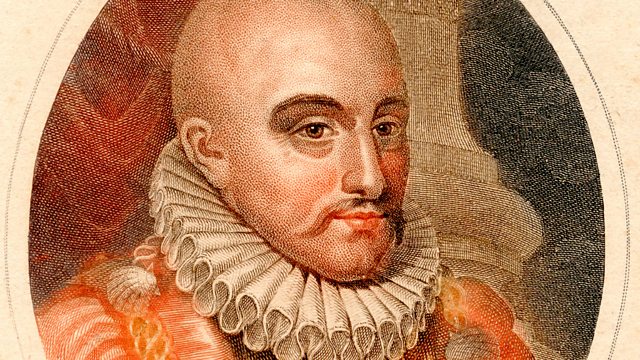Scepticism
Melvyn Bragg and his guests discuss the history of philosophical scepticism.
Melvyn Bragg and his guests discuss Scepticism, the idea that it may be impossible to know anything with complete certainty. Scepticism was first outlined by ancient Greek philosophers: Socrates is reported to have said that the only thing he knew for certain was that he knew nothing. Later, Scepticism was taught at the Academy founded by Plato, and learnt by students who included the Roman statesman Cicero. The central ideas of Scepticism were taken up by later philosophers and came to the fore during the Renaissance, when thinkers including Rene Descartes and Michel de Montaigne took up its challenge. A central plank of the philosophical system of David Hume, Scepticism had a powerful influence on the religious and scientific debates of the Enlightenment.
With:
Peter Millican
Professor of Philosophy at Hertford College, Oxford
Melissa Lane
Professor of Politics at Princeton University
Jill Kraye
Professor of the History of Renaissance Philosophy and Librarian at the Warburg Institute, University of London.
Producer: Thomas Morris.
Last on
Broadcasts
- Thu 5 Jul 2012 09:00大象传媒 Radio 4
- Thu 5 Jul 2012 21:30大象传媒 Radio 4
Featured in...
![]()
Philosophy—In Our Time
From Altruism to Wittgenstein, philosophers, theories and key themes.
In Our Time podcasts
Download programmes from the huge In Our Time archive.
The In Our Time Listeners' Top 10
If you鈥檙e new to In Our Time, this is a good place to start.
Arts and Ideas podcast
Download the best of Radio 3's Free Thinking programme.
Podcast
-
![]()
In Our Time
Melvyn Bragg and guests discuss the ideas, people and events that have shaped our world.



